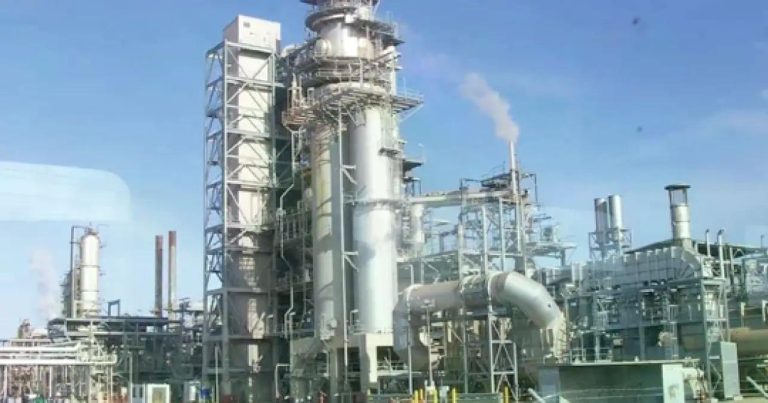The NNPCL has said {that a} take a look at run on the 60,000-bpd refinery in Port-Harcourt can be accomplished this month forward of the total resumption of labor later.
- The Spokesperson for the NNPCL Femi Soneye said this yesterday. In keeping with him, “Testing will conclude shortly, guaranteeing the refinery’s environment friendly operation. That section can be accomplished this month”
The refinery, at present present process restore works, is ready to begin operations at an preliminary processing price of 60,000 barrels per day.
The NNPCL anticipates reaching its most capability of 210,000 barrels per day later within the yr.
Backstory
- The Port Harcourt refineries are a part of the state-owned refineries in Nigeria which have remained moribund for a number of years. Nevertheless, the federal government is making efforts to revitalize these refineries as a part of a method to scale back the nation’s dependence on imported refined merchandise.
- In December, the NNPCL introduced the successful completion of the Space 5 part of the Port-Harcourt refinery, together with the mechanical completion and flare start-up.
- In March 2021, the federal authorities authorised a $1.5 billion contract to restore the 210,000-barrel capability Port-Harcourt refinery. The rehabilitation mission, entrusted to the Italian firm Tecnimont SPA, was slated to unfold in three phases spanning 18, 24, and 44 months.
- Additionally, the CEO of the NNPCL has said that the second section of restore works of the Port-Harcourt refinery can be accomplished by the fourth quarter of 2024.
What it’s best to know
- In recent times, Nigeria has sought to finish the importation of petroleum merchandise as a measure to detach gasoline costs from the volatility of the foreign exchange market and in addition preserve costs beneath management. The 650,000 bpd Dangote refinery is a part of the FG’s technique to finish gasoline imports coupled with refineries in Kaduna and Warri that are billed to renew operations earlier than the tip of 2024.
- For the reason that removing of the gasoline subsidy in June, petrol costs have soared by over 200% thereby growing transportation prices for the typical Nigerian.

